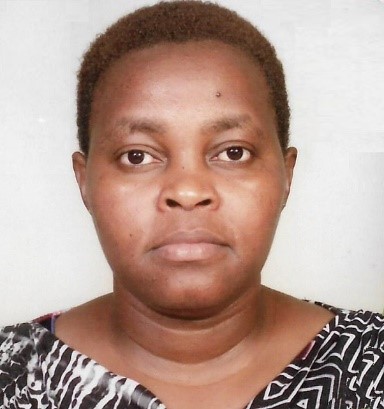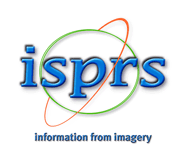ISPRS ICWG IV/III
Global Mapping for SDGs
Our Mission
In September 2015, the United Nations adopted “Transforming Our World: the 2030 Agenda for Sustainable Development” as a new ambitious global development plan to end extreme poverty, fight inequality and injustice, and combat climate change. Comprising 17 Sustainable Development Goals (SDGs) with 169 associated targets, the agenda recognizes the complex and diverse challenges that the world of today faces. It has been proposed by the United Nations Committee of Experts on Global Geospatial Information Management (UN-GGIM) that it is impossible to measure and monitor the SDGs without the use of accurate, reliable and up-to-date geospatial data. Therefore, establishing a dynamic SDGs monitoring mechanism based on geospatial data is a critical issue for international communities.
In this context, the WG aims to promote interdisciplinary research aiming at developing solutions that can address GIScience issues strongly related to SDGs. This includes the following main topics in the domain of GIScience, namely, global mapping, land cover mapping and big Geospatial Data. The overreaching goal of this WG is to advance and achieve geospatial-enabled SDGs monitoring for the 2030 Agenda (GIeSDGs) by mobilizing and integrating all resources that ISPRS and its members have. It can be ISPRS-led or co-sponsored activities, such as innovative research and development as well as capacity building and outreach activities, guided by a well-developed top-down conceptual strategy and coordination mechanism.
Working Group Officers | ||
Chair | ||
 | Hongchao Fan Norwegian University of Science and Technology Department of Civil and Environmental Engineering, Division of Geomatics Trondheim NORWAY
| |
Co-Chair | ||
 | Lucy W. Mburu College of Technology KCA University Nairobi KENYA
| |
Co-Chair | ||
 | Xiaoguang Zhou School of Geosciences and Info-Physics Central South University Changsha, Hunan, 410083 CHINA
| |
Secretary | ||
 | Xuke Hu German Aerospace Center (DLR) Institute of Data Science, Data Acquisition and Mobilisation Jena GERMANY
| |
Terms of Reference
In the next four years, this working group is going to focus on:
- Identify key scientific and technological challenges of geospatial information and Earth observation in support of SDG monitoring.
- Showcase the use of geospatial information and Earth observation as well as statistical and other data sources for measuring and monitoring SDGs.
- Develop novel and innovative methods for deriving essential geospatial variables for SDGs through machine learning, big data analytics, cloud computing, and other related technologies.
- Establish geospatial knowledge services and collaborative platforms to meet SDGs assessment and monitoring requirements.
- Increase awareness and understanding of the vital and integrative role of geospatial information and Earth observation in monitoring SDGs.
- Build capacities in the use of geospatial information and Earth observation in monitoring SDGs in developing countries.
In overall, the WG is aiming at bridging the gap between scientific research and practitioners, showing, on the one hand, real examples of implementation of best practices of global mapping, land cover mapping and big Geospatial Data with the special purpose of monitoring SDGs. On the other hand, acting as a platform to foster ideas for new multi-domains and intelligent approaches and applications.
ICWG IV/III






